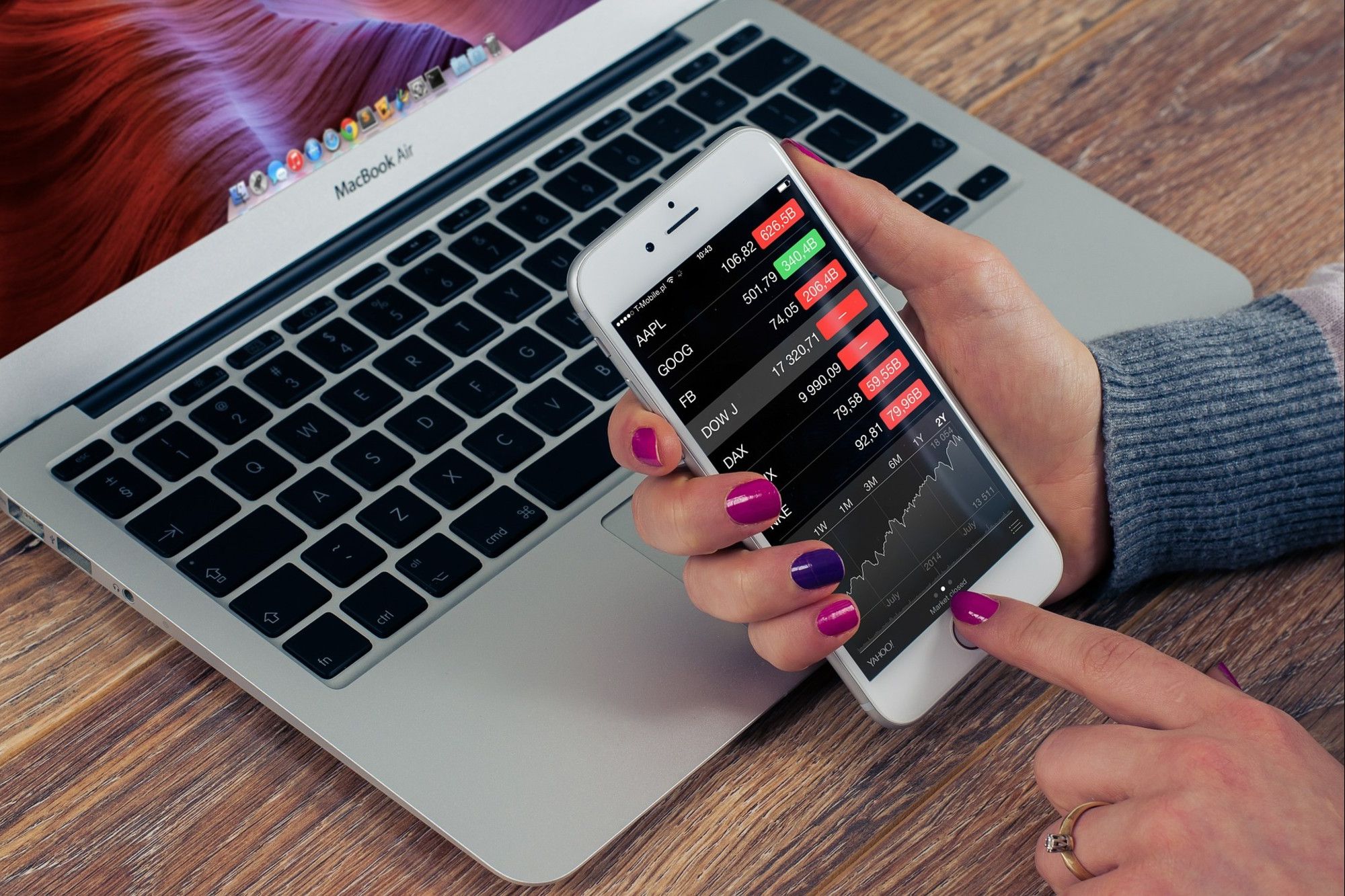E-Commerce, Ridehailing led Southeast Asia's $100 billion Internet Economy in 2019 Online travel and digital payments are on the rise as well, a joint study by Google, Temasek and Bain & Co showed
Opinions expressed by Entrepreneur contributors are their own.
You're reading Entrepreneur Asia Pacific, an international franchise of Entrepreneur Media.

Southeast Asia's internet economy hit the $100 billion mark in 2019, tripling in size over the last four years, a joint study by Google, Temasek, and Bain & Co showed, driven mostly by e-commerce and ridehailing.
That number is expected to hit $300 billion by 2025, with the advent of smartphones, a meteoric rise in the number of internet-based startups, and the development of futuristic technology in the region.
Indeed, some of the biggest unicorns out of the region are internet-based: Indonesia's Gojek and Traveloka, and Singapore's Grab and Garena, among others. Even the sectors in which they operate – e-commerce and ridehailing – grabbed a major chunk of the $37 billion capital that was invested into the internet economy, the study showed.
Country-wise, Indonesia and Vietnam showed the best growth rate in internet companies in the region, accounting for 40 percent of the overall growth, while Malaysia, Thailand, Singapore and the Philippines grew 20 percent to 30 percent.
Indonesia is on track to match the $4 billion in investments it raised in 2018, with funds also flowing into digital payments, the study showed. Some of the large funding rounds in 2019 were completed by giants such as Bukalapak, Gojek, Tokopedia and Traveloka.
Vietnam's internet economy is gaining momentum too, fuelled by homegrown marketplaces like Sendo and Tiki, which compete with regional players like Lazada and Shopee.
In Singapore, internet companies have raised more than $26 billion since 2016, led by unicorns like Grab and SeaGroup, as well as companies like Carousell, GoBear, ONE Championship, PropertyGuru, ShopBack and Zilingo.
Other regions, such as the Philippines, Thailand and Malaysia have room for growth, the study said. In the Philippines, online media such as music and video streaming is on the rise, while in Malaysia, e-commerce and travel are leading the way.
Thailand's online travel sector is among the biggest in the region, valued at $9 billion in 2019.
Apart from e-commerce, ridehailing, online travel and online media, the uptake of financial services in the region has been slow, but robust. The adoption of digital payments is expected to account for almost $1 in every $2 dollars spent in the region by 2025, which means of every $2 spent in the region, $1 would be online, through digital payments.
The Internet Economy in Numbers
Over a decade ago, only one in five Southeast Asians had internet connectivity, the study showed.
Today, of the nearly 570 million people that live in the region, 360 million use the internet.
- The internet user base in the region has grown by 100 million since 2015; most of those new additions are between 15 to 19 years old.
- 90 percent of the 360 million internet users in the region use their mobile phones to connect to the internet.
- People living in the bigger, more urban cities or metropolitan areas in the region buy six times more online than those living elsewhere.
- Internet users in Thailand spent 5 hours, 13 minutes per day on mobile internet, higher than in most other countries; the global average is 3 hours, 13 minutes – research by We Are Social and Hootsuite showed.
- Most users in the region spent more time on social media and communication apps, more than anything else; video apps follow close behind.












